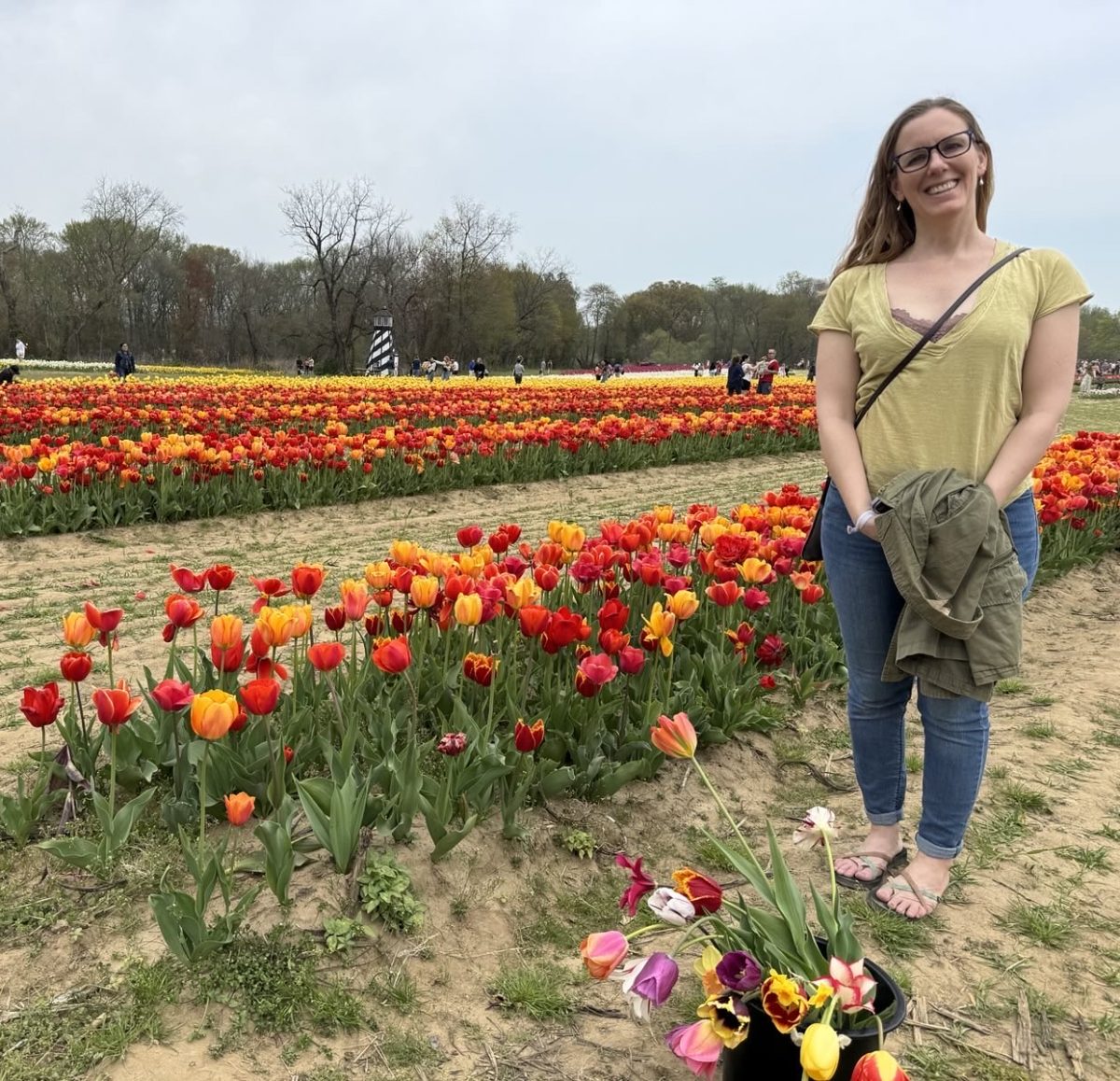Steps to Productive Antiracist Allyship in the Wake of George Floyd’s Murder
If you’re anything like me, you are filled with grief and rage over the racist events in our country this past week (and the chain of events beginning long before that). In processing my emotions, I’ve been doing some thinking and researching about what I can do as a white person to use my privilege in support of antiracism and the Black Lives Matter movement, both now and in the long-term.
This is by no means a comprehensive guide, and I welcome any sort of edits or additions in the comments, but hopefully this serves as a useful starting place for anyone feeling unsure of how to make a difference moving forward.
Note: These steps are specifically focused on supporting those experiencing anti-Black racism, but they can and should be applied to supporting other marginalized groups as well.
Educate yourself.
Don’t expect Black peers or activists to give you all the answers. It’s not their responsibility to educate us—it’s ours. Quake has put together a resource list with an extensive selection of videos and reading material. Learn how to understand, acknowledge, and utilize your privilege. Consider taking courses with a focus on marginalized groups, like FSS’s African-American History elective.
Seek out action.
As important as education is, allyship isn’t true allyship without action. At the very least, sign petitions. Attend protests, donate, volunteer, vote, support Black-owned businesses. (Again, refer to Quake’s list for petitions and organizations to support.) Bring up race with friends and family, and call out racism every time you see it (even if it seems like “just a joke”, because racist jokes aren’t okay). Always be seeking out more ideas for action. It’s okay if you are unable to do everything, but try to do as much as possible.
Listen to and support your Black friends and peers.
Acknowledge that they are hurting right now and leave the space for them to lead, really listening without defensiveness to what they have to say and adjusting your own actions accordingly. It’s important to find a balance between being vocal in your call for change but not speaking over Black people. This means boosting them and centering their voices over your own. Even if you’re not literally interrupting or speaking over someone, you may still be taking up more than your share of metaphorical “space.” Additionally, it’s not our job to determine how Black people react to racism because we do not fully understand what it’s like to experience racism. Instead, listen to understand where they’re coming from and support them in their actions.
Use social media productively.
Strive to move away from pointless, performative posting and instead focus on informative posts that drive action–for example, resources for petitions or donations. Center Black voices instead of your own. Don’t repost video footage of violence that could be traumatizing for your Black community members. Remember that social media is a useful tool for activism, but it’s not enough on its own. It’s hypocritical to post online but stay silent when faced with racism in real life.
Get involved in social justice work at school.
Participating in Diversity Clerks, Social Justice Week, and conferences like MARD (Mid-Atlantic Region Diversity Conference) are all impactful in our school community. Consider attending lunch meetings for the White Antiracist Group starting in the 2020-21 school year. At the very least, keep an open mind during all-school social justice programming instead of actively deterring those who are doing the work. Sarcastic remarks and unwillingness to engage in conversations have a negative impact on the school culture.
Embrace mistakes as opportunities to grow and move forward accordingly.
Everyone messes up. It is important to recognize this and not let it deter you from leaning into uncomfortable situations. When you do slip up, take responsibility for your errors and acknowledge that even well-intentioned people can cause negative impact. Apologize with sincerity and move forward with the determination not to repeat the same missteps.
It is our responsibility as people of privilege who benefit from racism every day to not only follow these steps now, when there’s momentum for the cause, but all the time. As we move into the summer and the next school year, I implore other white students to continuously seek out action against anti-blackness and racism as a whole, even when it’s difficult, and to remember George Floyd when he is no longer “trending.”



























